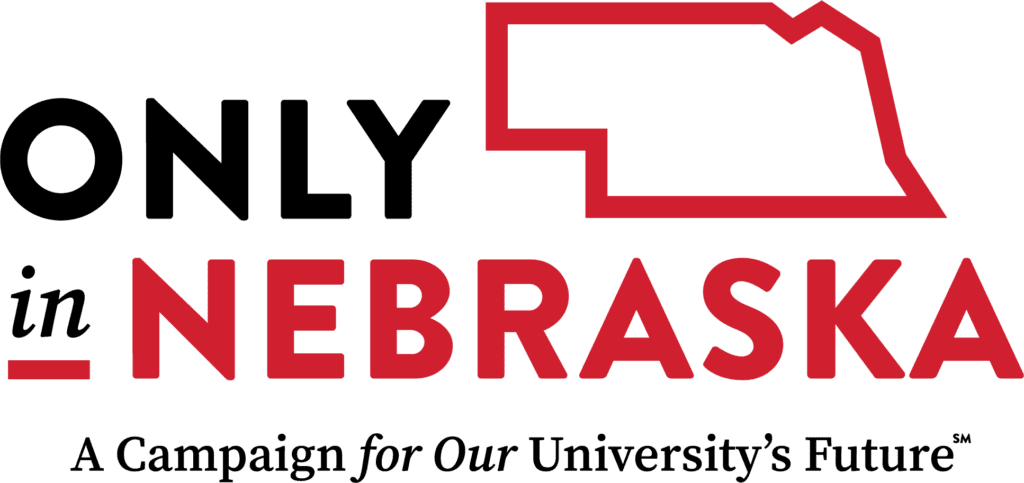Transformation Project helping people change
UNO inmate re-entry program is helping one convicted robber climb out of his hole.
Convicted robber Jeremy Lukowski first read the words of Malcolm X while alone in “the hole” at the Omaha Correctional Center, in solitary confinement.
That was three years ago. He was sent there for mouthing off to an OCC staff member after a basketball game.
“I’ve had an authority problem,” he says.
Like Malcolm X.
Lukowski, 30, has been in prison the past six years, most of them at the OCC.
He grew up in north Omaha just blocks from the birthplace of Malcolm X, but he didn’t know it. He didn’t know much at all about Malcolm X, only that he’d been a powerful African-American in his time and had been through struggles himself.
He didn’t know that Malcolm X had educated himself in prison as a young man about his age or that he’d copied pages from the dictionary to improve his vocabulary or that he’d transformed his life from street thug and thief to a man with a mission, a minister of the Muslim faith, a civil-rights leader whose words live on today.
While in the hole, Lukowski did pushups and read a paperback version of “The Autobiography of Malcolm X.” It blew him away. When he got out of the hole, he started reading the dictionary and reading biographies of other great black men. He took college courses.
He wanted to transform himself like Malcolm X.
“In fact, once he is motivated, no one can change more completely than the man who has been at the bottom. I call myself the best example of that.”
– From the “The Autobiography of Malcolm X.”
Lukowski was motivated. He had a son, born while he was behind bars. He didn’t want his son to end up in prison like him. (He’d robbed an Omaha bar in 2003. Why? “I was just being greedy and stupid. I liked raising hell. That was what I seen. That was cool to me.”)
But wanting to change and knowing how to change, he says, are totally different things.
In 2009, he saw a sign at the OCC about a new class for inmates – a program developed by UNO with a goal to help inmates return to the community and not return to prison. UNO created the program and all of its materials. It was called the Transformation Project.
And, to his surprise, it was based on the life example of Malcolm X.
The prison was administering the program with the UNO College of Arts and Sciences under the direction of Chris Rodgers. The program was in collaboration with the UNO College of Public Affairs and Community Service; the UNO College of Communication, Fine Arts and Media; and the Nebraska Department of Correctional Services.
Lukowski signed his name. But his expectations were low.
Over the 12-week class, the program’s facilitators taught him and about two dozen other inmates in that first class how to write resumes and budget their money. They had each inmate create an “action plan,” setting goals to accomplish in the real world and the steps they needed to take to reach those goals.
They had each inmate create a “relapse plan” – what to do if he fell back to his old ways.
The action plans were related to six areas – “stability domains” – proven to be necessary for inmates to succeed on the outside: education, housing, positive social networks (the people in your life), mental and physical health, substance abuse issues and employment.
For example, in the section on “Malcolm X and Employment,” they reflected on the words of Malcolm X:
“Only by being two people could I have worked harder.”
Was the work that Malcolm X did purely physical (doing daily job tasks) or do you think he had to mentally work (managing his thoughts) at maintaining his employment? How will you have to work at managing your thoughts to maintain employment?
Lukowski graduated from the program in December 2009.
The thing about the Transformation Project, Lukowski says, is that no one is telling you what to do or how to do it. You have to come to the conclusions yourself. You have to change yourself, from within.
The Transformation Project, he says, taught him to be real with himself.
He’d thought he was going to study business management. But in thinking through the steps to get a job in that field, he realized his background was too shaky. What business would hire him as a manager?
The class also made him think about what he really liked to do (“messing with cars”) and to think through whether it was possible to get a job in that area, given his skills and background.
“I figured out, for my background, they’re more likely to accept a felon in the automotive industry. So my ultimate goal now is to create my own auto detailing and accessory shop.”
To reach that goal, he will take classes in auto detailing at Metropolitan Community College when he gets released, which he expects to happen this March.
At the time of this interview, in late November, Lukowski was being housed at the Community Corrections Center, just north of OCC. He praised the Transformation Project and the man who made it possible, John Morgan, a Minneapolis businessman and UNO alumnus who, like Lukowski, had grown up in north Omaha, too.
He thought it was amazing that Morgan had given $1 million of his own money to fund it.
Lukowski met Morgan last spring, at a news conference announcing the project.
“I told him that I thought it was cool that somebody would think about the less fortunate, you know what I mean? Because a lot of people in society, once you make that first mistake, a lot of people in society are just ready to do away with you.”
The Transformation Project is on its third class. The hope is that it will become a model for re-entry programs across the nation.
It appears to be working so far, says Nicole Kennedy, the project’s manager.
Some of the graduates of that first class are back in the community and doing well. They’re working. Staff members see them in Wal-Mart or wherever with their kids and they’ll ask them how their lives are going.
“I’ll get a phone call every now and then from a participant – ‘Hey, I’m just calling to tell you that I got a promotion at work.’ So we have some anecdotal stuff coming in,” she says.
“To have once been a criminal is no disgrace. To remain a criminal is the disgrace.” Malcolm X.
Lukowski feels prepared for the struggles he’ll face on the outside.
“I think if it wasn’t for that class, it might have been an idea in my head for a few days or a few months, and my first little incident when I was wronged, I’d probably just say, ‘Forget it.'”
He feels ready to transform.
“I’ve seen the struggle that they explained about Malcolm X and I’m like, ‘Damn, if he can do it, you know – I ain’t too much different from him.'”
Community engagement – such as UNO’s partnership with the Nebraska Department of Correctional Services on the Transformation Project – is one of UNO’s priorities in the Campaign for Nebraska: Unlimited Possibilities.
If you’d like to help support the effort, contact Lori Byrne at 800-432-3216.





